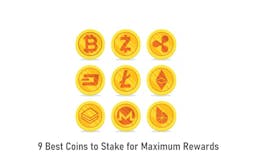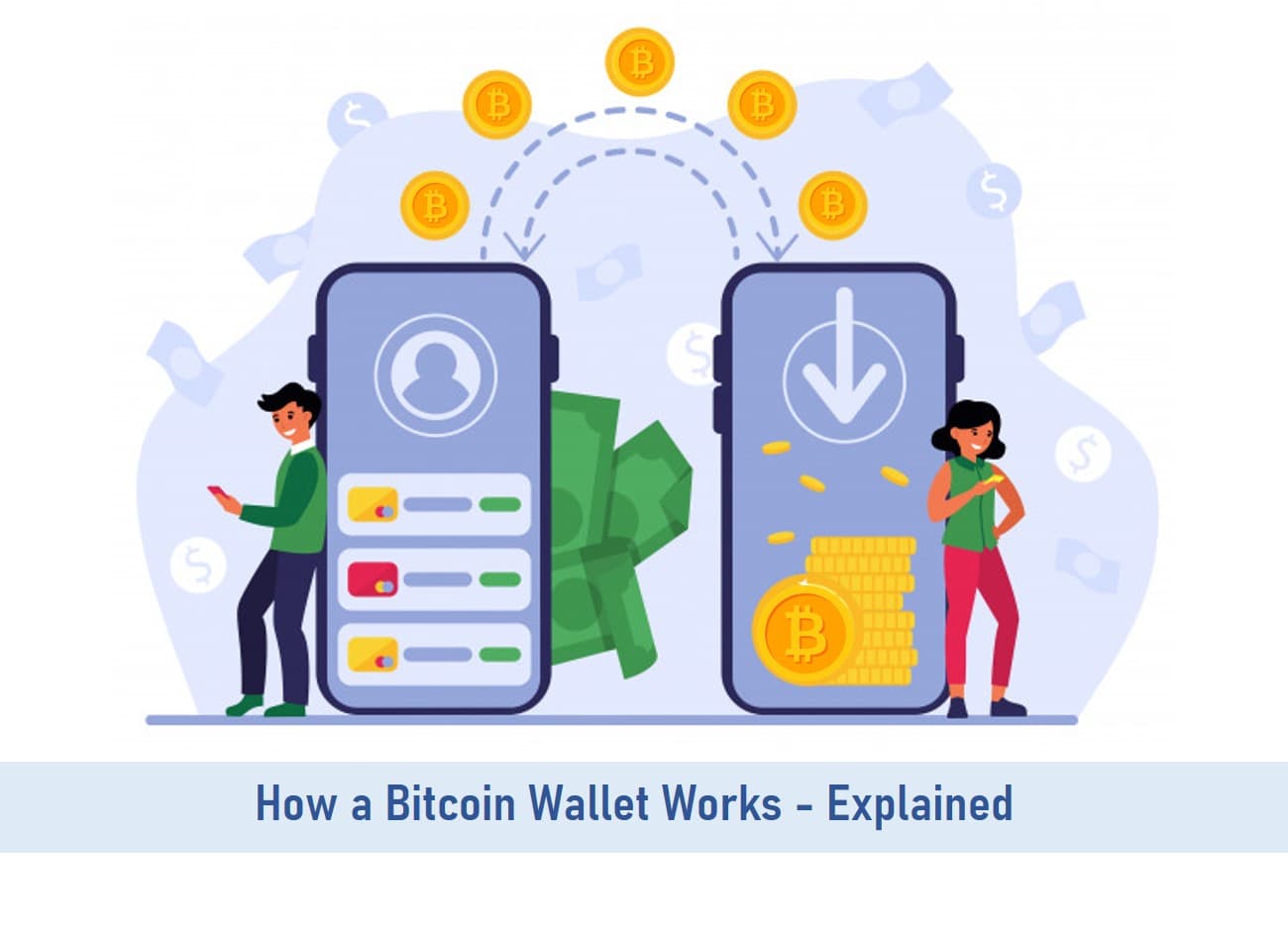
How a Bitcoin Wallet Works – Explained

How Many Bitcoin Wallets are in the World?
Today, there are over 100 million usable and active Bitcoin wallets in the world with 11% owned by Americans alone. In 2020, emerging markets like Nigeria skyrocketed their use of cryptocurrency wallets and apps thereby cranking up the numbers of new bitcoiners.
Despite the fall in the price of Bitcoin in 2018, new users were not deterred from owning more wallets. The number of Bitcoin wallets surged as one individual could own multiple wallets.
SEE ALSO: 3 Key Things to Look out for When Buying a Hardware Wallet
SEE ALSO: World Most Popular Hardware Wallet-Ledger Nano S and Nano X
SEE ALSO: Trezor One and Trezor Model T Bitcoin Hardware Wallets – Which is Better?
It is expected that more wallets will be created as Bitcoin surpasses the $30,000 mark and other altcoins such as Ethereum and Wrapped Bitcoin trail strongly behind BTC.
With a lot of transactions done over the decentralized blockchain network, the use of digital currency has its concerns especially when it comes to the safety of the Bitcoin wallet since these currencies are virtual.
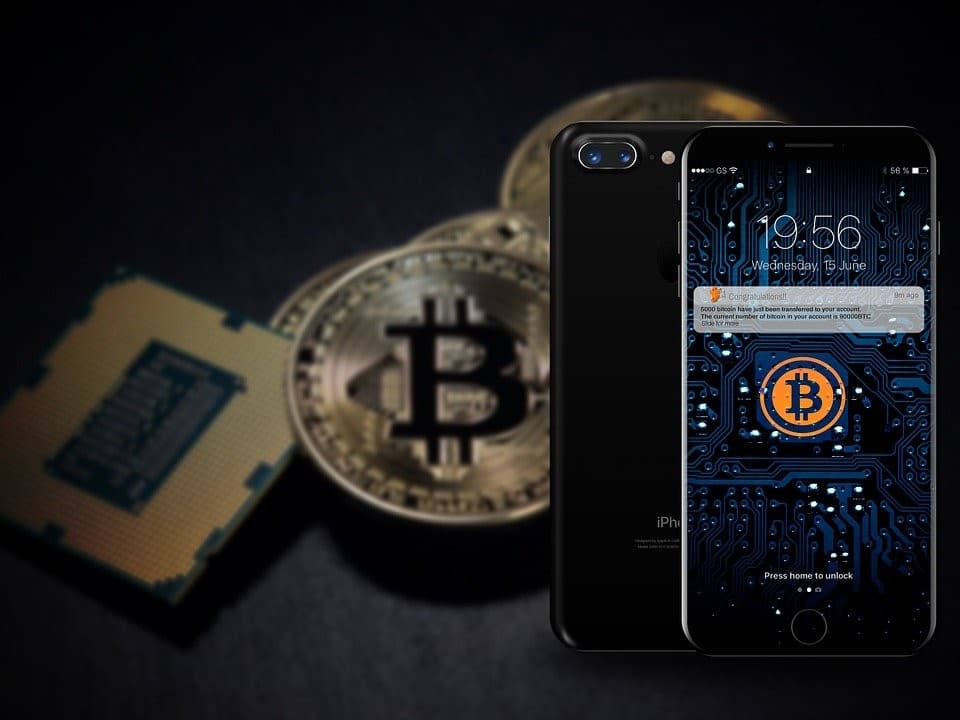
Considering the time frame at which Bitcoin transactions are confirmed (approximately 10 minutes) which is kind of slow, one needs to consider the technology behind these digital wallets and how they work.
The Concept Behind Bitcoin Wallets
Bitcoins are stashed in software applications or hardware devices known as “digital wallets”. These digital wallets are also classified into Cold and Hot Wallets.
Bitcoins aren’t stored physically in a wallet as they are not physical money, rather they are reserved digitally on the blockchain.
Bitcoin wallets do not retain the currency itself, rather they have private keys with which owners can securely send and receive money.
Every Bitcoin wallet is provided with a minimum of 2 keys, a public key and a private one.
The public key permits a Bitcoin holder to transfer an amount of bitcoin to another wallet address, while the private key grants access to the digital currency kept in a wallet only to the owner.
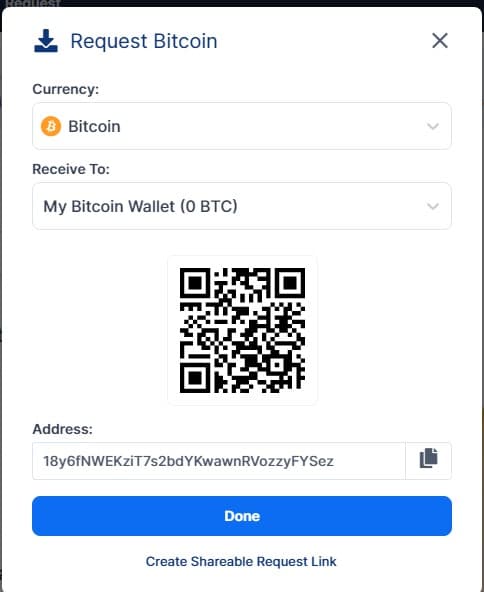
A wallet private keys are unique, alphanumeric 64 characters assigned to a single wallet address.

The good thing is that Bitcoin wallets are accessible on mobile, desktop, web, and hardware if you want. So, it’s about choosing an option that is convenient for you.
How Does a Bitcoin Wallet Work?
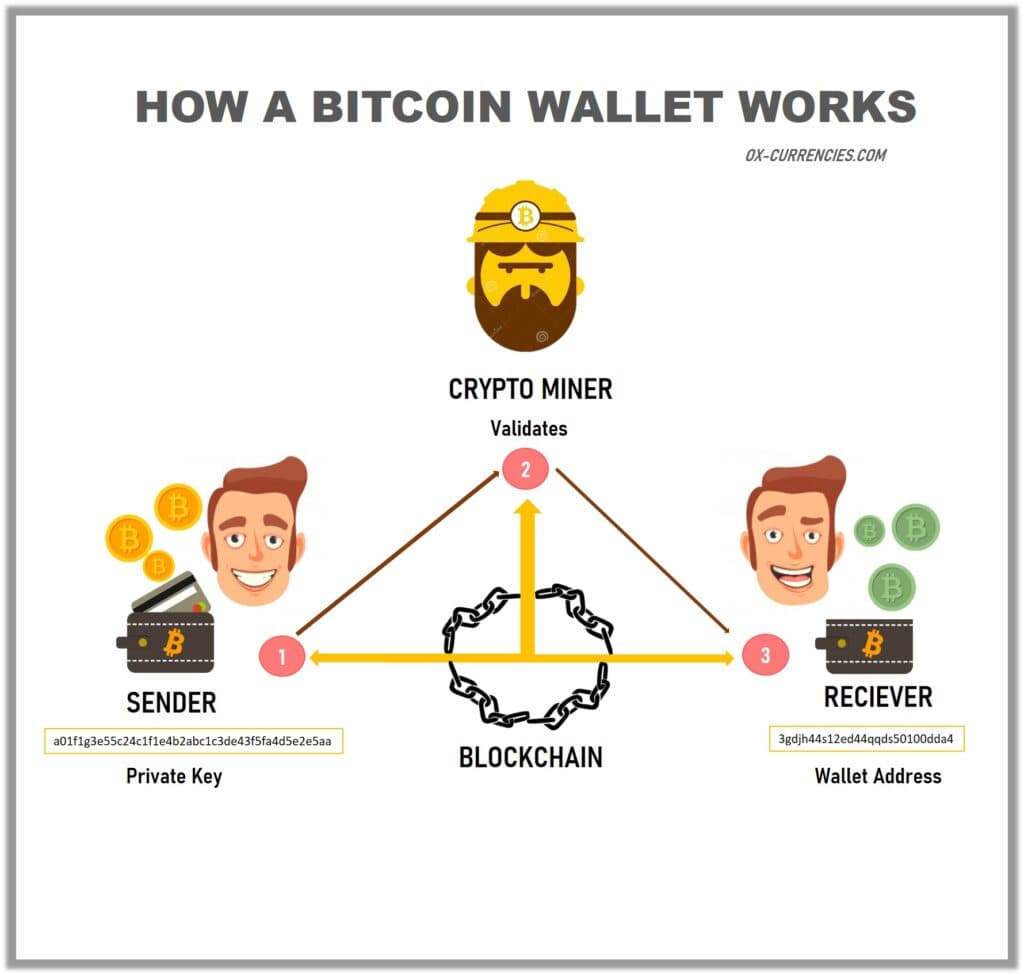
When a bitcoiner sends payment using his/her private key to another wallet address, the transaction first goes through a miner who validates its authenticity before it gets to the receiver.
Miners are similar to auditors. They get rewarded for every bitcoin they mine. They validate every bitcoin transaction and secure it into a block in about 10 minutes per block.
A bitcoin miner typically earns 6.25BTC per block. Typically, these rates change when a Bitcoin halving occurs.
The last Bitcoin halving occurred in May 11, 2020 and the next one will likely occur about the same time in 2024.
If you need to know how mining works and how to get started, you can take a look at this post.
SEE ALSO: 5 Best Bitcoin Mining Hardware with Low Running Overheads.
SEE ALSO: 14 KEY Tips You Should Know Before Mining Bitcoin
Each bitcoin transaction is incorporated into a blockchain or a shared public ledger.
The blockchain is the backbone of the bitcoin network and it enables several bitcoin wallets to compute their expendable balances and authenticate new transactions.
This process validates the coins in the wallet and certifies that it belongs to the rightful owner. This calculation is done via a process known as Cryptography.
To be able to receive and send payments through a bitcoin wallet,
- First, download and install a Bitcoin wallet app onto your mobile device or desktop, and then secure it with the private keys the app generates for you.
Note that the safety of your bitcoin wallet rests on the strength of your device security. If your device gets compromised through weak passwords, a hacker can get access to your private keys.
SEE ALSO: Crypto Dusting Attacks and Clever Ways to Prevent It
SEE ALSO: How to Get Back Stolen Bitcoin from Cybercriminals
SEE ALSO: How to Flee these 10 Bitcoin Scams Now!
- As soon as the wallet app is downloaded, it will get integrated automatically with the Bitcoin grid by installing the blockchain.
This process enables the initiation and completion of transactions. The blockchain is made up of transactional data that presents which private & public key is linked to a coin.
And, the blockchain is like a big accounting ledger that stores the details of all transactions that have ever occurred and the active account balances of every public address.
- Every Bitcoin wallet is assigned to a public key (for accepting) and the receiver’s public key (for transfer).
Your wallet address is a software generated 64 alphanumeric characters you send to a friend, family member, or business partner whenever you want to receive funds.
Your wallet address also does not disclose the true identity of the holder.
Two wallet addresses are never the same which infers that the possibility of someone crediting a wrong account is unlikely to happen.
Also, there are no limits to the number of wallet addresses you can create.
There are approximately 3 to 4 bitcoin transactions initiated every second. With these numbers initiated every second, the blockchain network explicit.
The blockchain conveniently identifies how much Bitcoin a particular crypto wallet has as well as the previous transactions made on it.
- A program is embedded in every cryptocurrency wallet which is linked right to the blockchain, allowing you to add more transactions.
Yet, the cryptocurrency wallet is the protocol that creates your public & private keys. Without it, your coin can’t be used in the real world.
For example, you walk into a store and pay for items with your credit or debit card. Money was not exchanged physically, rather by inputting the PIN on your card or through a swipe and you get debited.
That is the same way a Bitcoin wallet works.
By giving your private key, you confirm you’re the owner of the coin in your wallet and it can then be sent to someone else.
This is the only means by which virtual currencies can move from one person to another.
The Different Types of Bitcoin Wallets
There are several types of Bitcoin wallet depending on your basic needs.
But wallet features differ in some way depending on the type of wallet you choose.
The most traditional types of Bitcoin wallets are listed below:
Mobile Wallet
A mobile wallet is similar to a desktop wallet because it can be downloaded right onto your device.
Mobile wallets also have QR code scanning features that enable you to purchase an item in a physical store by scanning a code and sending payments.
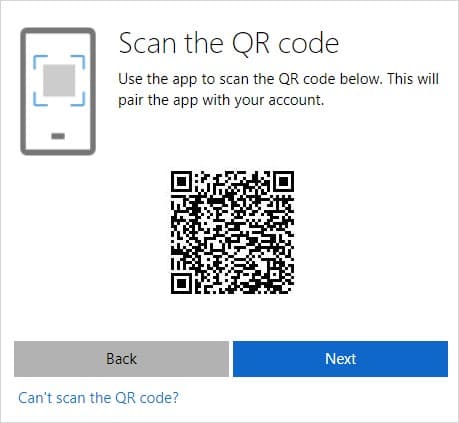
Online or Web Wallet
An online bitcoin wallet seems to be the most convenient way of sending payments. However, it’s least secure as the bitcoin wallet provider or company can monitor third-party transactions of its users.
For example, when a crypto exchange holds in the custody of your bitcoins, they will store your digital currency on their central server.
This means that there is already an online link to your account though secured with your wallet provider.
The challenge is that your wallet is now in the public space with a likelihood of breach if the security falls short on your part or the part of the provider which is unlikely.
If your bitcoin wallet gets hacked, the hacker may have access to your entire funds.
It is advised to store just a small amount of coins in an online cryptocurrency wallet.
SEE ALSO: Best Hot and Cold Bitcoin Wallets
SEE ALSO: How to Download a Bitcoin Wallet and Use Easily
Desktop Wallet
Unlike mobile bitcoin wallets, desktop wallets require you to download the wallet app on a laptop or computer device as they can only be used on that single device.
Broadly, desktop wallets provide an excellent combination of safety and convenience. However, it is important to note that if a criminal can get access to your device remotely, they could compromise your wallet.
Paper Wallet
Paper wallets are among the most overlooked digital wallets in the market. With paper wallets, all that is required of you is to print your public & private keys on a sheet of paper, and that’s all. Your coins are safe.
This is so because those keys are not linked to any servers, so for anyone to gain access to keys, they need to get hold of the physical paper.
When you want to send payments, enter the keys into an online/web wallet, or simply scan the QR code you printed earlier.
SEE ALSO: How to Download a Bitcoin Wallet and Use Easily
SEE ALSO: 5 Best Bitcoin Wallet Providers in 2021
Hardware Wallet
A hardware wallet is the best cryptocurrency wallet in terms of security. It is a physical gadget that stores your private & public cryptocurrency keys within its hardware.
For example, Ledger crypto wallet positions you ahead of the money. With Ledger, you can securely send, buy, sell, exchange, or earn cryptocurrency. It is a new generation of hardware wallets.
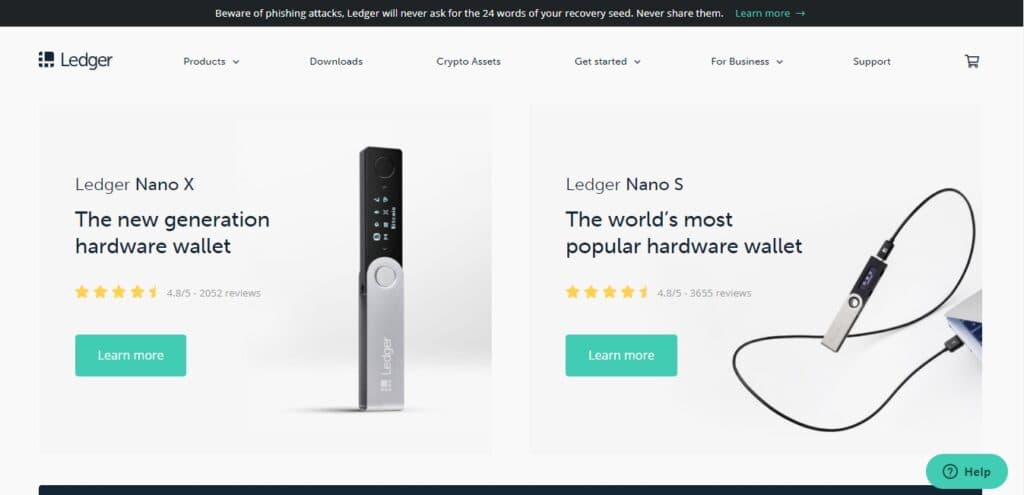
The app is available on the platform. 27 types of cryptocurrency and over 1500 tokens is hosted.
A Ledger wallet ensures you do not get hacked by providing you the highest level of security for your crypto assets.
Their products synergize a Secure Element and a proprietary Operating System built with a purpose. You assume control and ownership over your private keys.
Ledger has a vibrant community where you can get help and the latest news on the platform’s products.
Ledger products include:
You can access the Ledger Hardware Wallets here

Hardware wallets are never linked to the web except when you want to send funds. Though, your private key has to be entered right onto the gadget, making it very hard for criminals to gain access to it.
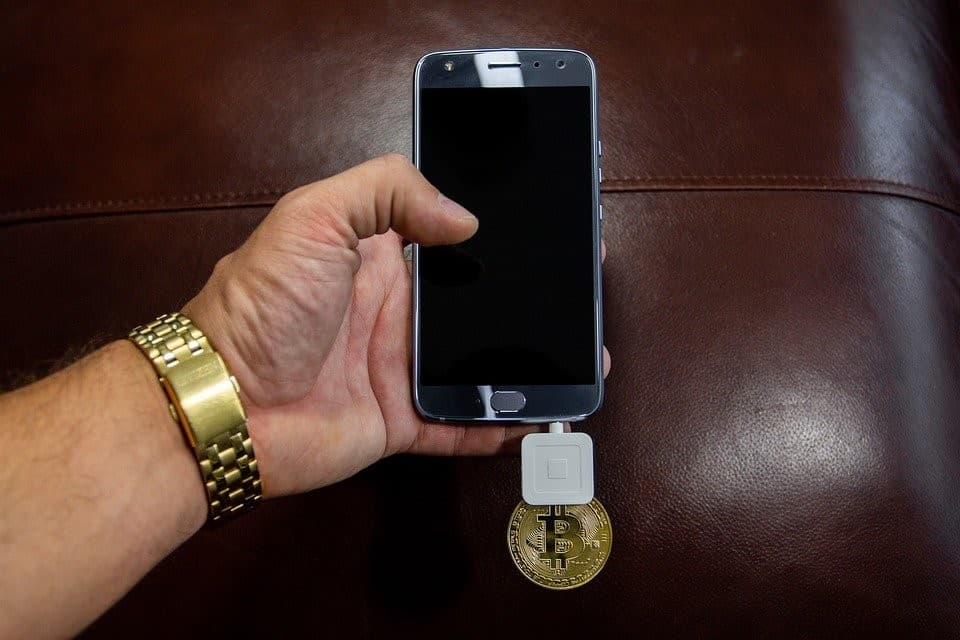
Are Bitcoin Wallets Safe?
The answer is Yes provided that your private keys are securely kept to your chest.
However, the risks are high for hot wallets that are linked to the internet.
Hot wallets are exposed to cyberhacking via malware, keyloggers, viruses, remote access to your device, and phishing.
To protect yourself from cryptocurrency theft, there are a few things you can do.
- Firstly, you should always use the latest version of the wallet app software, you must update when a new version is released.
Hackers are on the search for new entry spots every day, they can overrun the integral safety controls of the software. When you update your application, you will get the best level of security at any time.
- An extra layer of security beyond the basics is advised. There are lots of bitcoin wallets that allow you to incorporate two-factor authentication.
So, for you to access your wallet, you have to verify a security code that will be sent to your mobile number.
- You can also choose to go for a wallet that incorporates multi-sig.
Essentially, a multi-sig wallet will require a transfer of coins that you’d need to verify using two or more discrete devices.
With this, if one of those devices get stolen, hacked, or misplaced, the criminal won’t be able to transfer your funds because the other device (s) will be needed.
4. Lastly, we recommend you back up your wallet at regular intervals. This will enable you to pen down a backup password note just in case something happens to your wallet, you would still gain entry.
The above-listed methods are infallible if you carefully follow them and most importantly keep up with the news on data and crypto security.
Can you Store all your Cryptos in a Single Wallet?
Yes, it is possible at times, but it depends on the particular cryptocurrency you’re holding.
For instance, if you are storing only Bitcoin, you simply look for a wallet that accepts Bitcoin.
However, if you’re storing Litecoin or Ethereum, you can use a multi-currency wallet. This kind of digital wallet allows you to store various cryptos in a single place, which is more convenient than having to use a separate wallet for each cryptocurrency.
Though, it all depends on what the crypto wallet allows. Some coins are not that flexible, they can’t be stored with other cryptos.
Note that blockchain’s protocol is not anonymous, rather pseudonymous.
Image credit: People vector created by pch.vector – www.freepik.com
Read More
